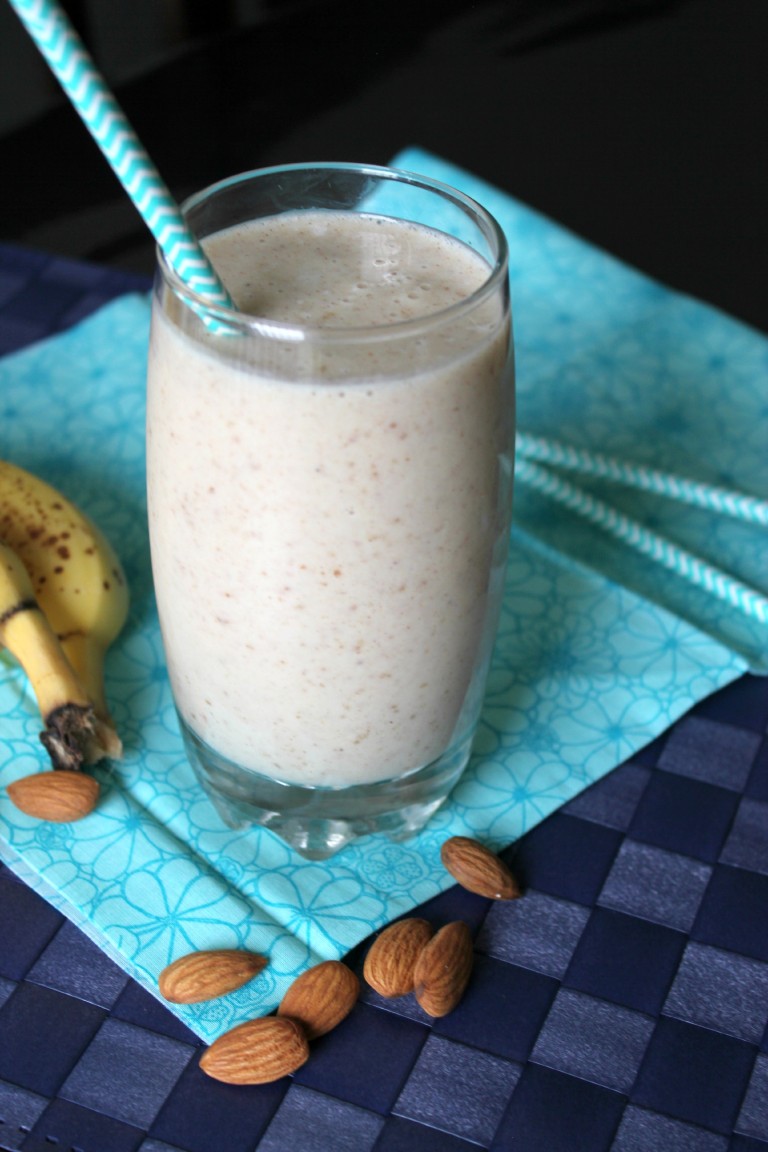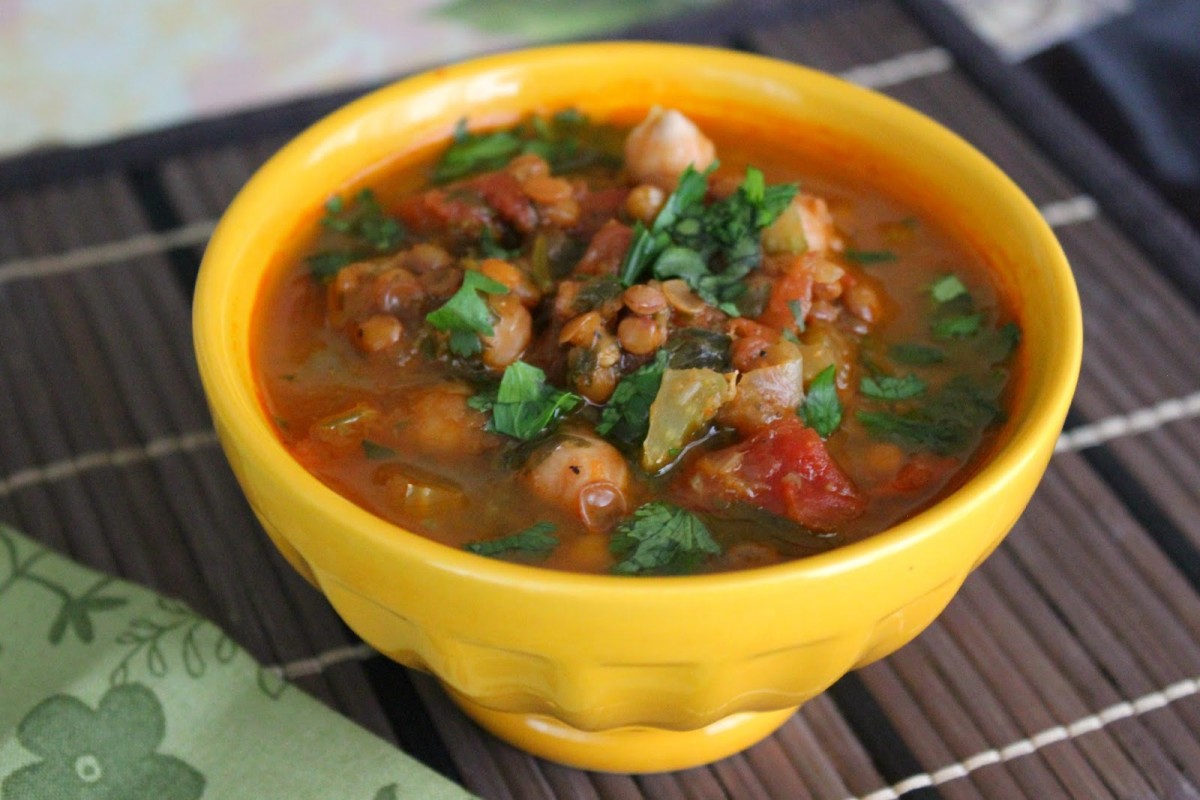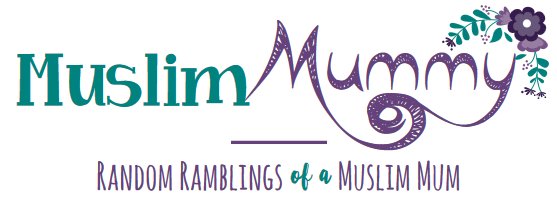As part of my Ramadan Over the World series, sister Rubina from All Floured Up writes about being healthy in Ramadan.
I’m Rubina, the blogger and foodie over at All Floured Up. I love good food and cooking, but being healthy and active is a huge priority in my life as well. So I find myself combing healthy eating with my love of cooking to create fun ways to remain healthy and enjoy eating. Below, I am sharing my tips for good eating habits that will leave you feeling energized, active, and in a positive mood overall!
1) Suhoor- I enjoy eating a hearty suhoor because this is essentially the start of the day. Eggs, oatmeal, milk, and yogurt are my top foods for their nutrition and the fuel they provide.
I love blending smoothies for this meal because it’s a great way to get fruits and veggies into my diet.

A great tip is to make individual smoothie packets (half a banana + handful of berries + ½ cup raw spinach or kale) and freeze. When ready to make the smoothie, simply blend this packet with ½ to 1 cup of almond or regular milk and sprinkle with chia seeds.
Oats are also my favorite. I used to eat oats almost daily last Ramadan when I fasted and nursed my 4 month old. It’s the perfect food to keep you full for a long amount of time. I enjoy making mine with milk and drizzling honey on it afterwards for a little sweetness.
2) Water- with the days being extremely long here in the U.S., I prefer to drink little amounts of water all throughout the night. Every half hour, I try taking a few sips of water. This way, I hydrate myself without consuming excess water which just leads to bloating anyways.
3) Iftar- Ah, Iftar. What fasting person doesn’t dream of iftar? I keep iftar in my home simple so I don’t overload on fried foods. I love having lots of dates, water, and fruit to break my fast.
If I’m ever in the mood for anything fried, I will bake it instead. Baking gives great results that I don’t have to feel guilty about!
Soups are also a main item I enjoy making for a lot of my iftar meals. Lentil soups and veggie soups are great to enjoy because they contain important nutrients and lots of water so they help with hydration and making you full. My everyday iftar soup usually has lots of diced veggies, green or red lentils, garbanzo or chickpeas, and some tomato sauce. I add seasonings and cook for about an hour on low.

For main meals, I prefer to keep things simple. One curry with some brown rice or whole wheat naan works for us. There’s no need for over cooking, since I notice that in Ramadan a lot of food gets stored in the fridge anyways. We don’t eat as much as we dream about, so cooking in moderation definitely helps in preventing food wastage.
I hope these simple tips help you make positive changes in your kitchen this year as they have certainly helped my family and I in staying active and healthy.
Author Bio:
Rubina loves trying new recipes, making good food and desserts, and pretty much anything related to food. She is a mom to one mischievous baby, wife to an awesome husband, and a culinary fanatic. Her world is full of laughter, tumbles, fresh air, great cooking, cuddles and fun.
She has adopted a wholesome lifestyle since she got married in 2013, so for the most part she buys clean, organic, fresh produce and minimises any toxic chemicals in her home.
